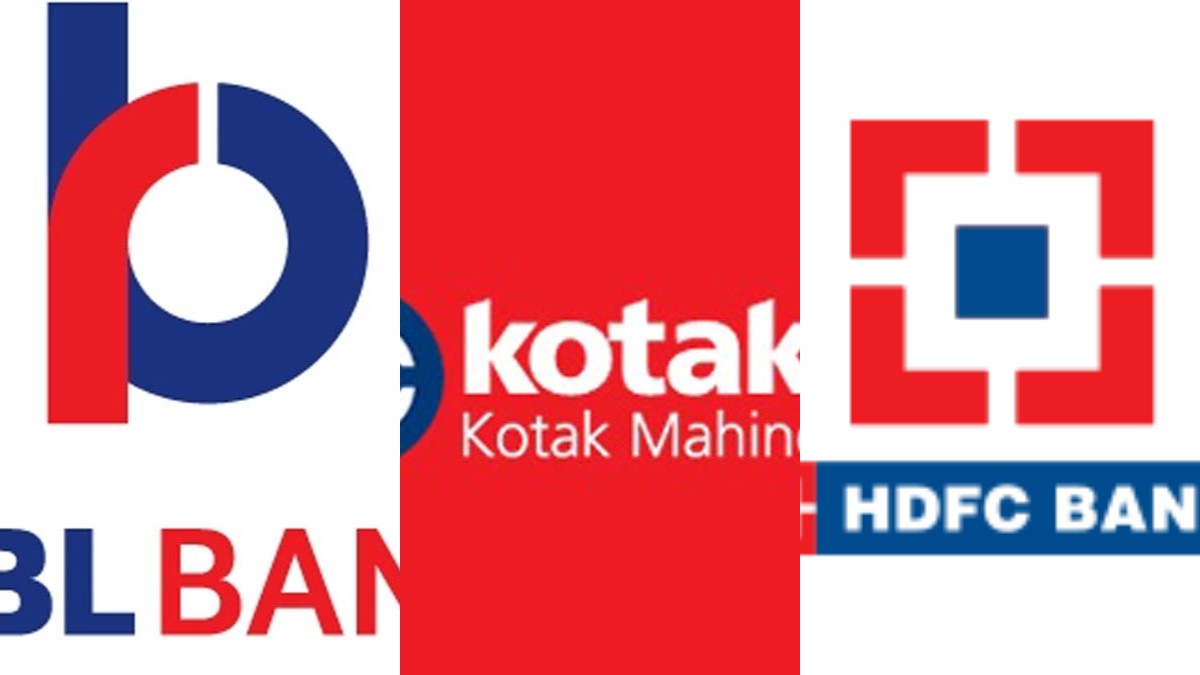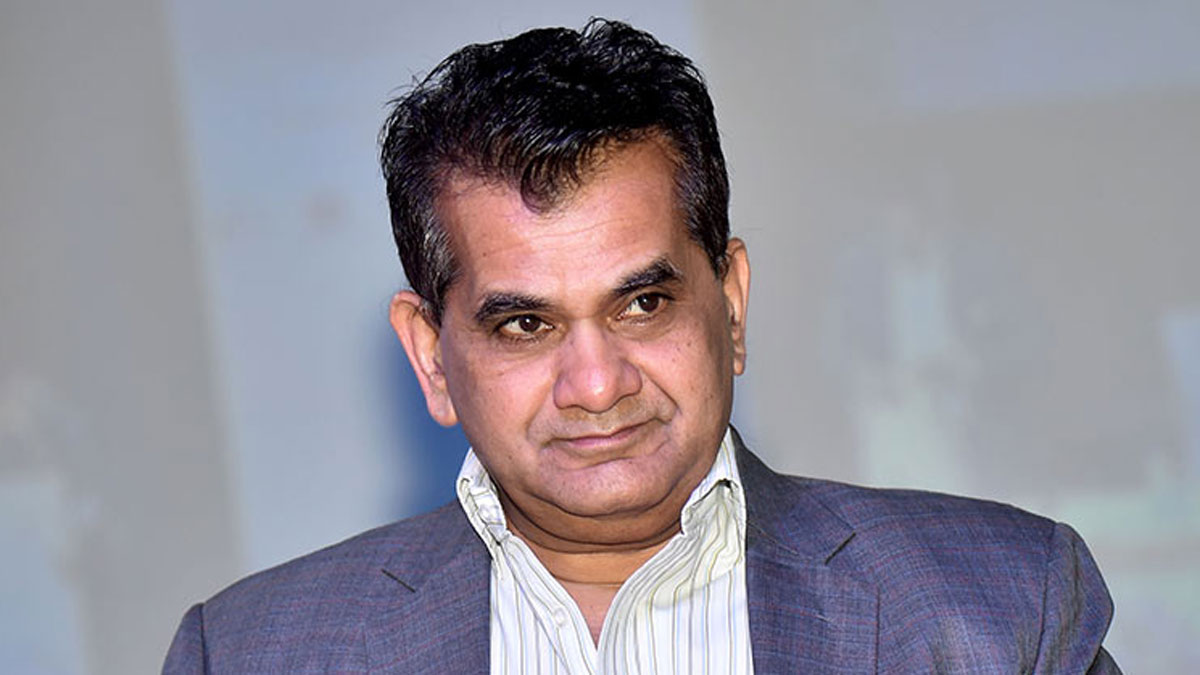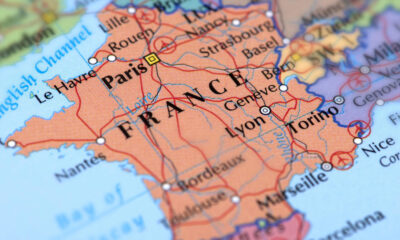Good morning. Today, the leader of Europe’s liberals tells our parliament correspondent that the EU must take more steps to prevent third countries from evading sanctions on Russia. And my colleague in the Balkans reports on how Serbia’s president was convinced not to visit Russia this week.
Join leaders from Orange Group, Nokia, TIM and more on December 12 at our Tech Leadership Forum in Brussels to explore how effective leadership and strategies can underpin technologies and strengthen connectivity as a competitive economic asset in Europe. Reserve your free pass here.
Mind the gap
With Ukraine facing a tough third winter of war, Europe’s liberals are pressing the EU to lean on countries which still allow military goods to reach Russia, writes Andy Bounds.
Context: Despite 14 rounds of sanctions the EU is struggling to stop Moscow procuring technology for its war machine, says Valérie Hayer, leader of the Renew Group in the European parliament, and it is time to end the “blind spot of sanctions evasion”.
“The Russian economy is not down, despite the 14 sanctions packages we have implemented. They have affected it, but not enough,” she said in an interview with the Financial Times in her office in Strasbourg.
“And we can see that among the blind spots is the evasion of sanctions, especially by countries in Central Asia.
“Just look at the numbers. Between 2021 and 2023, exports between Kazakhstan and Russia increased from €40mn to €2.2bn . . . It’s all the prohibited products, chemicals, semiconductors, drones, computer hardware.”
Hayer, who is close to France’s President Emmanuel Macron, wants to review the EU’s Central Asia strategy, now five years old.
She envisages carrots and sticks to draw the region, once part of the Soviet Union, closer to the EU and reduce its reliance on Russia, including holding regular summits.
“We must demand that the European Union push so that . . . there are systematic elements on the requirement that sanctions against Russia be respected.”
She hopes to enlist the help of the G7 and European businesses.
“They all know that they should not sell to Russia. So everyone must assume their responsibilities and European companies must respect these sanctions,” she said.
MEPs cannot make sanctions policy but they can shape the debate. Renew was among the first to call for the EU to stop Russian oil and gas imports at the beginning of the war. That was initially laughed off by some as unfeasible, but is now considered an eventuality.
Chart du jour: Barnier’s budget
After 50 years of failing to balance its budget, France plans €60bn-worth of tax rises and spending cuts next year. But that belt-tightening poses a risk to growth in an economic climate as fragile as the country’s government.
With friends like these
Serbian President Aleksandar Vučić has declined an invitation from his Russian counterpart Vladimir Putin to attend this week’s summit of the Brics countries in Russia, electing instead to spend the time with European Commission president Ursula von der Leyen and other EU leaders, writes Marton Dunai.
Context: Vučić, who has straddled the fence between Russia and the west since the start of the full-scale invasion of Ukraine, had been invited to become a member of the group named for Brazil, Russia, India, China and South Africa, but declined. He has now reinforced that decision with his no-show at this week’s summit in the city of Kazan.
His European meetings — which include hosting fellow centre-right European People’s party leaders Donald Tusk of Poland and Greece’s Kyriakos Mitsotakis tomorrow — show Vučić angling for acceptance from the western mainstream at the same time as currying favour with Putin. Von der Leyen will visit Serbia on Friday.
While Serbia has opposed EU measures such as sanctions against Russia, Vučić said he had told Putin he was not in a position to join the Brics leaders, saying the busy schedule was a reason but not an excuse for skipping.
“I told [Putin] that it would be difficult [to join the Brics summit] even without all of this, but that we would send a delegation of four of our ministers,” Vučić said, recounting a conversation which was one of the rare occasions the two leaders have spoken directly.
The delegation to travel to Moscow will include such pro-Russian figures as deputy premier Aleksandar Vulin and Nenad Popović, a minister without portfolio and owner of ABS Electro, a large technology group that caters to Russian clients.
And Vučić may soon be paying an individual visit.
“I talked with President Putin about the 80th anniversary of the victory over fascism, which will take place [on May 9] next year,” he said. “It will be, I assume, the biggest show in history after the second world war on the Red Square in Moscow.”
What to watch today
-
European Commission president Ursula von der Leyen visits Albania, meets Prime Minister Edi Rama.
-
Turkish President Recep Tayyip Erdoğan meets Russia’s Vladimir Putin.
Now read these
-
Deglobalisation risk: A fragmented approach to global bank rulemaking could unleash destructive “economic nationalism,” warns UBS chief Sergio Ermotti.
-
Peace sign: Russia ending aerial attacks on Ukrainian energy targets and cargo ships could “signal” negotiations, Volodymyr Zelenskyy has said.
-
Unfrozen asset: Russian oligarch still owned Italian luxury holiday resort months after being sanctioned, according to documents seen by the FT.
Are you enjoying Europe Express? Sign up here to have it delivered straight to your inbox every workday at 7am CET and on Saturdays at noon CET. Do tell us what you think, we love to hear from you: europe.express@ft.com. Keep up with the latest European stories @FT Europe







































































































































































You must be logged in to post a comment Login